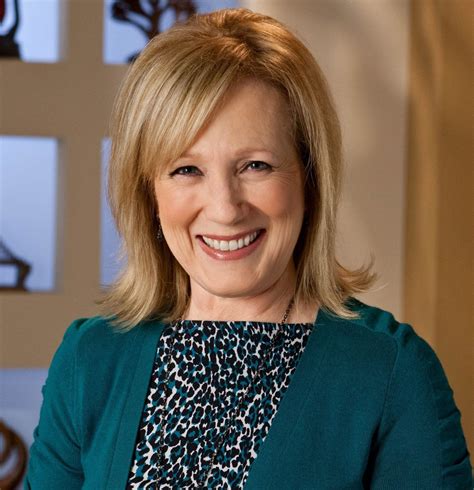A Quote by Gail Caldwell
What they never tell you about grief is that missing someone is the simple part.
Related Quotes
I'll tell you that the dog whistle politics is badly missing the mark. Because, you know, as I've been speaking about it, sure, I've got some racists who come and complain about it. That happens. Right? But I have been absolutely overwhelmed - absolutely overwhelmed - by the number of everyday people who have contacted me with one simple question: what can I do to help?
New grief, when it came, you could feel filling the air. It took up all the room there was. The place itself, the whole place, became a reminder of the absence of the hurt or the dead or the missing one. I don't believe that grief passes away. It has its time and place forever. More time is added to it; it becomes a story within a story. But grief and griever alike endure.
You can tell when someone has been on steroids A guy bulks up, has a new body and never gets tired...You see these guys or girls who come onto the tour talking about their new training programs and their diets where they eat this or that new thingbut they'll never tell you about the drugs they took.
When someone you love dies, and you're not expecting it, you don't lose her all at once; you lose her in pieces over a long time—the way the mail stops coming, and her scent fades from the pillows and even from the clothes in her closet and drawers. Gradually, you accumulate the parts of her that are gone. Just when the day comes—when there's a particular missing part that overwhelms you with the feeling that she's gone, forever—there comes another day, and another specifically missing part.
Another misconception is that if we truly loved someone, we will never finish with our grief, as if continued sorrow is a testimonial to our love. But true love does not need grief to support its truth. Love can last in a healthy and meaningful way, once our grief is dispelled. We can honor our dead more by the quality of our continued living than by our constantly remembering the past.




































